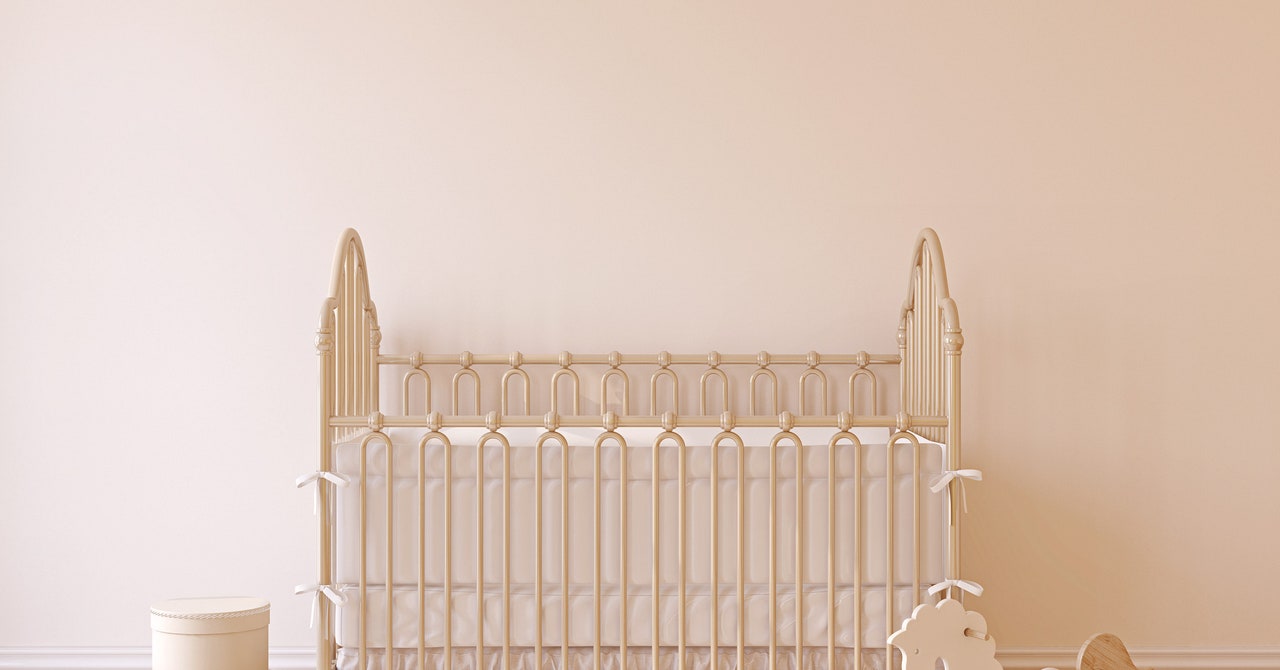
Of course, babies also like to suck their own toes. Does it really matter what colors they prefer? Does mother know best? Skelton says scientists are “still trying to build up a solid idea” of how our visual histories impact our perception later in life—“but it’s more a question of how much and what impacts it, not if it impacts it,” she adds. In 2007, Norwegian scientists studied people born above the Arctic Circle, comparing those who had been born in the autumn, when prolonged darkness meant they were exposed to lots of artificial light, to those born in the summer, when there is no night. The scientists found that adults who had been born in the autumn showed “an overall decrease in color sensitivity” and argued that “the environmental impact on color vision may act early in infancy, in all likelihood during the first months of life.” So, Skelton says, there clearly are “ways that your perception is shaped by your perceptual history,” but we don’t yet know much about less extreme examples. We can’t really say whether a baby with a bright blue nursery will grow up to perceive the world differently from a baby with a tan one.
Still, Skelton believes neutral nurseries aren’t “optimized” for babies, noting that finer details in monochromatic environments are invisible to infants. Ultimately, she says, it’s probably OK—the children of aesthetic moms will still be exposed to plenty of colors out in the world—“but it’s just a bit of a shame.”
“I think people underestimate babies, and they underestimate their vision. And babies want to be looking at stuff, and they’re driven to seek out new information, so it’s a bit of a shame to not offer that to them,” Skelton says. Plus, she notes, a high-contrast print can capture a baby’s attention for a good while, giving parents a nice opportunity for a break.
The science is sound—and nuanced—but that doesn’t necessarily justify judgemental memes (although on TikTok, some people now refer to themselves as aesthetic moms, embracing the nickname.) When asked about the neutral nursery trend, Tricia Skoler, a psychology professor at City University of New York who studies infant brain development, says, “I personally love it.”
Skoler’s research focuses on “joint attention,” times when adults and children focus on the same object and children consequently learn more optimally. Skoler argues that if parents have a shared interest in their child’s environment, they’ll be better able to foster joint attention. “You don’t want to set up situations that we see so often where you have one area of the home that’s the child’s space and then you have the adult space somewhere else,” she says, “I like to see toys that fit into the home, that it’s OK to leave your toys out because they look good.”
Amanda Gummer, a child development psychologist and founder of the Good Play Guide, stresses that there’s no single right way to bring up children, and “being a happy, healthy parent doing things that make you feel good about your family life is valuable and valid.” Take that distinctly Paw Patrol-less birthday cake: Who can judge, Gummer asks, a parent who bakes their kid an additive-free cake from scratch? Equally, she quickly adds, who can judge a parent who buys an additive-laden readymade Paw Patrol cake? “The judgment on parents, particularly moms, has just gone to another level,” she says, “There’s far too much of that around.”
Beige bedrooms, then, might not be the most stimulating environments for newborns, but provided these infants aren’t locked in their bedroom 24/7, there’s not much cause for concern. If you want an Instagrammable nursery but are worried about your child’s development, Skelton advises high-contrast prints with large detail rather than fine detail: “There are lots of rules of thumb—babies like to look at odd ones out, so if you had four flowers one way and then an upside-down flower, they’d find that engaging to look at.”
More Great WIRED Stories


